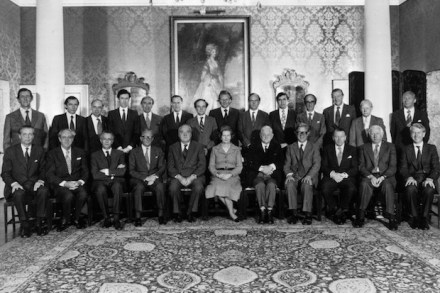The ‘semi-detached’ member of Margaret Thatcher’s cabinet
John Biffen was mentally ill. This is the outstanding revelation of Semi-Detached, a memoir which has been assembled from his diaries and from the autobiographical writings which he completed before his death in 2007. During the mid-1960s he tried psychotherapy, which he described as ‘lugubrious’, ‘painful’ and ‘not a cure’. He got far better treatment from a Harley Street specialist, Peter Dally, who regulated his lithium doses with blood tests and improved his health to the point where he felt able to join the shadow cabinet in 1976. He served as Trade Secretary under Mrs Thatcher and later as Leader of the House. Biffen loved gossip. He reports a lunch







